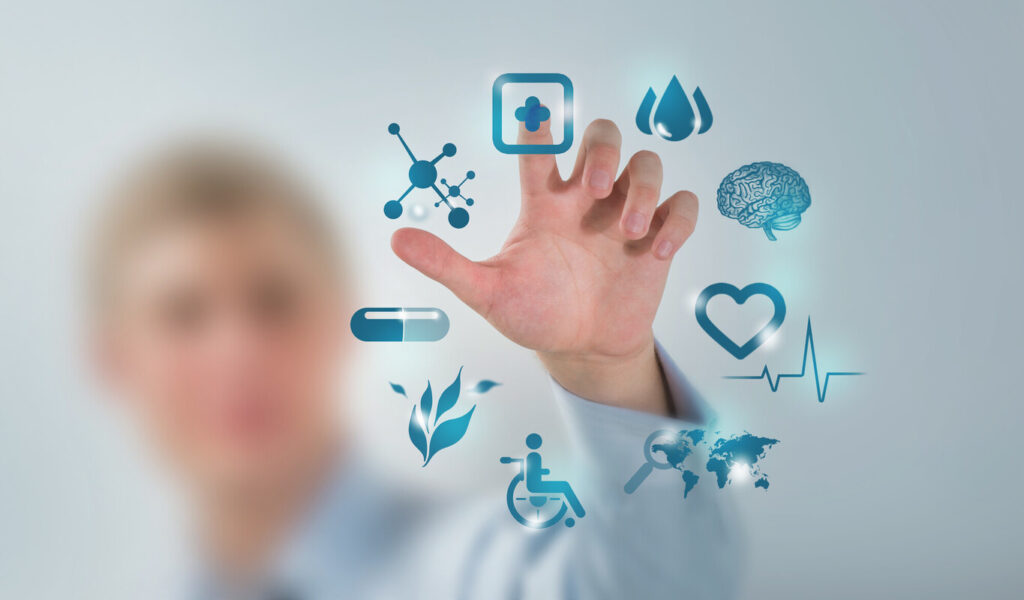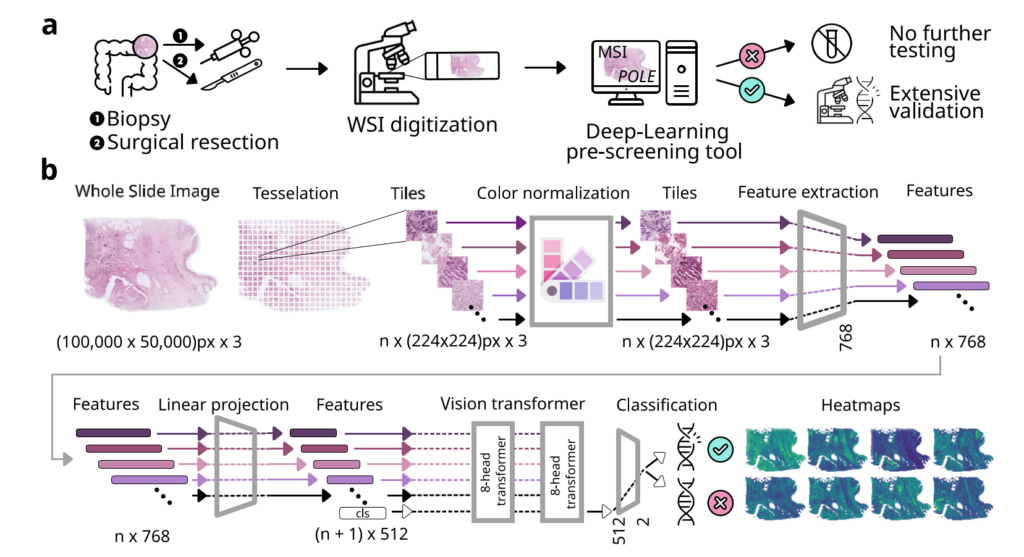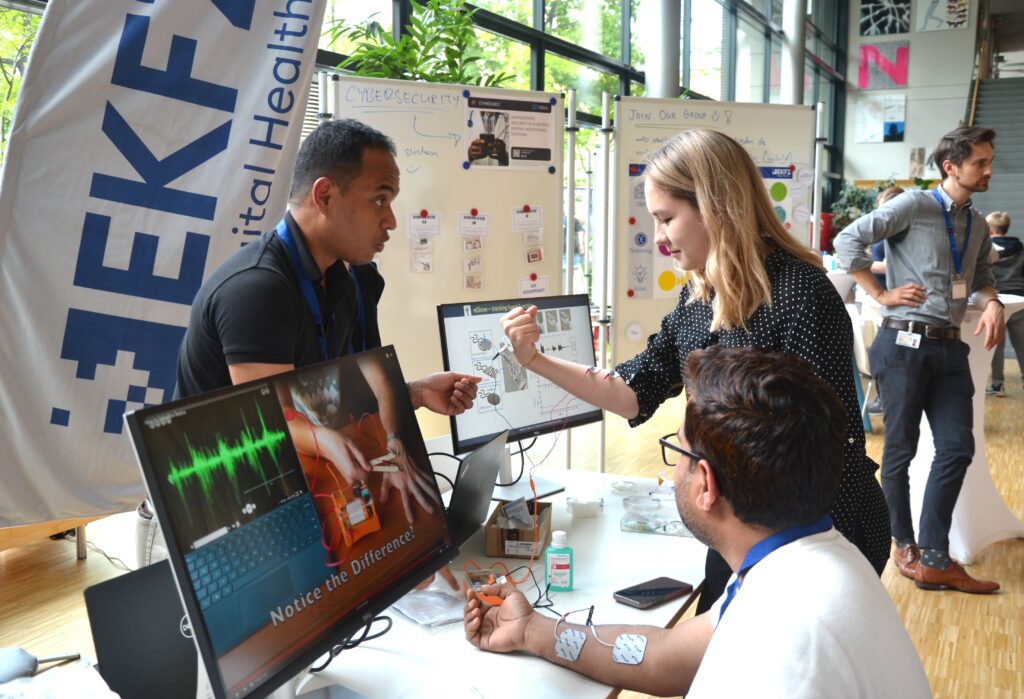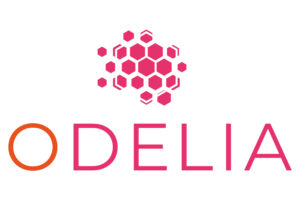Flexible suites of Digital Health Technologies: Need for tailored regulation and reimbursement
The PATH research project gets €2.27 million in BMBF funding to develop a privacy-compliant platform that will link health data from patient records with data from health and wellness apps.
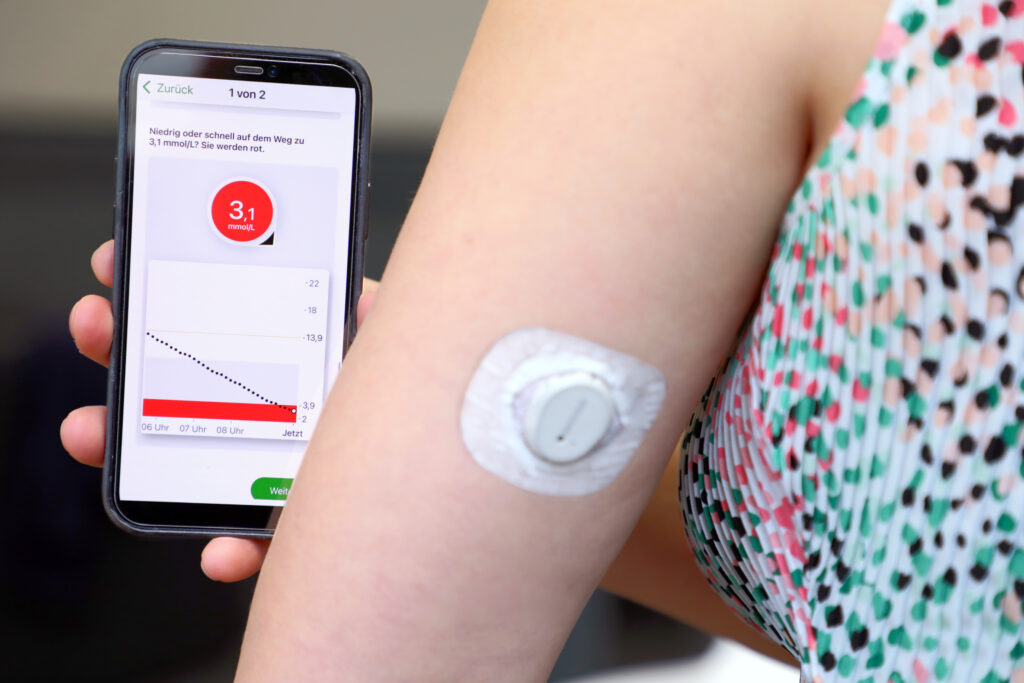
The way we track our health is changing. Smart watches and mobile phones already record a wide range of vital signs and warn people or motivate them to exercise more. Health data is no longer collected exclusively by medical staff and managed in paper patient records. Today, anyone can use home tests or their smartphone and apps to automatically track steps taken, heart rate, blood glucose and more. However, this personal health data is often not available to medical staff for diagnosis, treatment or research.
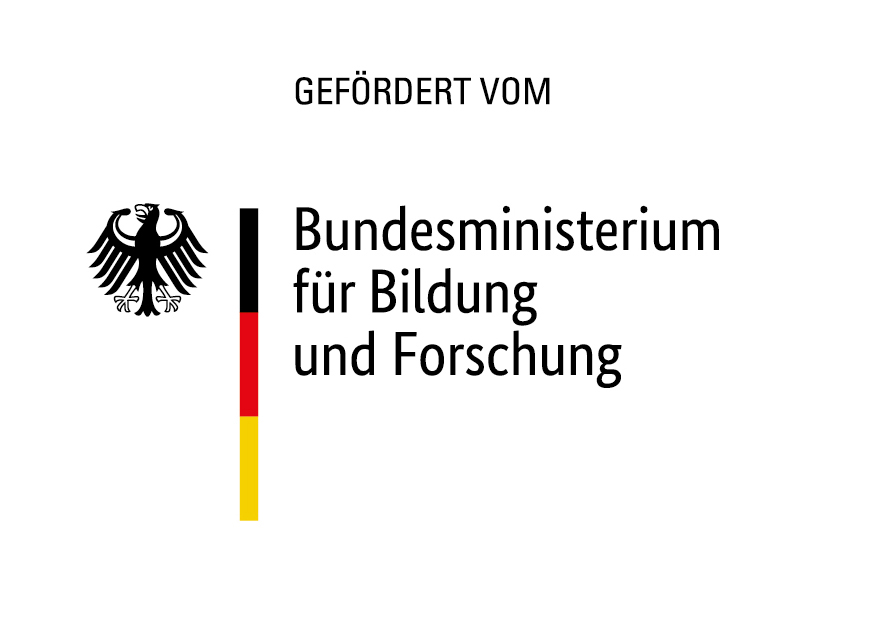
In the “PATH – Personal Mastery of Health and Wellness Data” project, researchers aim to create a privacy-compliant platform to link personal health data from patient records with individually collected data from smartwatches or sensors. The German Federal Ministry of Education and Research (BMBF) is supporting this project with €2.27 million over three years as part of the IT security research programme “Digital. Secure. Sovereign.
Control over your own health data
The digital transformation of healthcare is all about data and connectivity. Therefore, the reliable, secure and trustworthy availability of data in clinical contexts is of paramount importance. If we can create a data space where connected health and wellness data is available with the patient across institutions and treatment sites, or anonymized and made available for research, a fundamental improvement in healthcare delivery and research is possible. For the first time, the data hub integrates individually collected medical data and parameters from analogue patient records into a privacy-compliant platform. In this way, every patient is the master of his own data and knows who collects and owns which health data and what it is used for.
Prof. Dr. Stephen Gilbert | PATH project coordinator about the benefits and goals of the project.
Case studies in diabetology and psychiatry
PATH will develop approaches to anonymizing and sharing health data that can be applied across medical specialties. During the project, health data from diabetes and psychiatry patients will be available in case studies. Two applications are currently under development. One will support the development of individualized nutritional therapy in the field of diabetology. The second app will be used in the field of mental health to digitally detect early warning signs of depression. For example, it will provide the treating psychologist with information about changes in communication, enabling early intervention in the development of mania or depression.
Privacy-compliant platform connects health data
Each user can provide specific consent through easy-to-understand and accessible platform interfaces in the data hub. “Particularly for data originating from traditional healthcare, citizens’ consent to have their data collected, linked to their medical records, and then shared in a depersonalized way is critical. They must be given full control over this process and the ability to change this consent dynamically over time. This has been recognized by the Bundesrat in a resolution published on 16 December and our project will provide approaches to make this possible,” Prof Gilbert added. The researchers are also developing open-source modules for obtaining and managing consent and for monitoring the use of data in research. Medical data can be made available through the platform in a completely anonymous way. The project partners aim to create a coordinating, transparent infrastructure for the exchange of individually generated health data. This will enable meaningful, collaborative use in the future and give individuals control over their own data. In addition, the platform has the potential to improve communication between patients and physicians, facilitate clinical discussions between medical staff and increase the efficiency of emergency care.
Funding information:
The PATH project is funded by the IT Security Research Framework Programme “Digital. Secure. Sovereign.” of the Federal Ministry of Education and Research. The joint project “PATH – Personal Mastery Health & Wellness Data” will receive €2.27 million in federal funding over three years (2023-2025). The total volume of the project is 3.4 million euros.
Project partners:
Else Kröner Fresenius Center for Digital Health, Technische Universität Dresden, Faculty of Arts Humanities and Social Science/ Chair of Civil Law, Intellectual Property, Media and Data Protection Law, Institute of International Law, Intellectual Property and Technology, Universitätsklinikum Carl Gustav Carus Dresden, Universitätsklinikum Leipzig, Zentrum für evidenzbasierte Gesundheitsversorgung (ZEGV), Ada Health GmbH, Una Health GmbH, movisens GmbH.
More News
How deep learning identifies key mutations in colorectal cancer
Bioelectronics Research and Regulatory Race at the Dresden Science Night 2024


